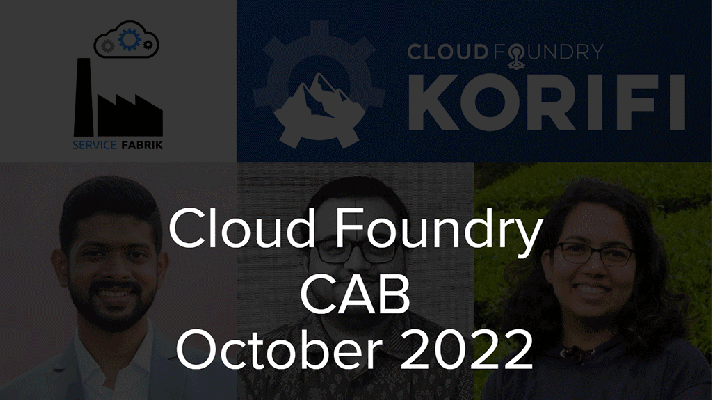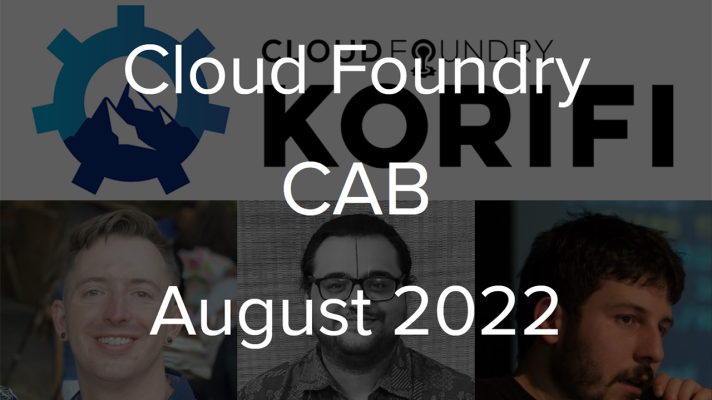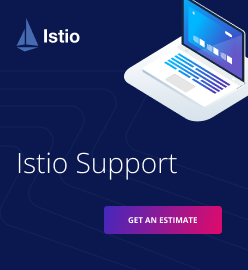PaaS News Summary: September 2013

Highlights
- 450+ PaaS experts at Platform, the largest Cloud Foundry conference
- Red Hat to add middleware-as-a-service to its OpenShift Online PaaS
- Red Hat and dotCloud will enhance OpenShift with Docker capabilities
- Jelastic delivered an iOS app for managing their PaaS
- Engine Yard gets Java support and can now run on Oracle Public Cloud
- CloudBees enables hosting OS X and iOS builds, as well as integrates on-premises and cloud applications
- Oracle-as-a-Service announcements: Oracle DBaaS, Java-aaS, and IaaS
- NephoScale became a PaaS provider by utilizing Cloud Foundry
- cloudControl introduced Enterprise and White Label PaaS
- PostgreSQL 9.3 is available on the Heroku Postgres DBaaS
- ActiveState released the CPBM connector for Stackato
In detail
1. 450+ PaaS experts at Platform, the largest Cloud Foundry conference
Platform: The Cloud Foundry Conference took place on September 8–9 in Santa Clara, CA. James Watters, Head of Product for Cloud Foundry at Pivotal, called PlatformCF “the largest event in the history of PaaS and the most important event since Google App Engine.” Read the top 20 quotes by the conference’s speakers and attendees.
2. Red Hat to add middleware-as-a-service to its OpenShift Online PaaS
Red Hat announced its plans to integrate JBoss Middleware with OpenShift Online, Red Hat’s PaaS. Within the coming months, the new functionality will be added, including integration capabilities (iPaaS), business process management (bpmPaaS), and mobile push notifications. iPaaS will expand on pre-cloud integration, including cloud-based configuration, brokers, and services. bpmPaaS will include process modeling, business activity monitoring, process simulation, and the ability to dynamically configure automation and data without coding.
3. Red Hat and dotCloud will enhance OpenShift with Docker capabilities
Red Hat also partnered with dotCloud, the company that develops the Docker container runtime for deploying apps virtually anywhere. The two will collaborate on Linux containers that would make the environment for applications simpler, more secure, lightweight, and portable. Through the partnership, the companies will work together on packaging Docker for the Fedora Project, removing file system dependencies, container provisioning, integrating Docker with OpenShift’s cartridge model, etc.
4. Jelastic delivered an iOS app for managing their PaaS
Jelastic launched a mobile app that enables users to monitor Jelastic environments and carry out major infrastructure management tasks remotely. It will enable Java and PHP developers to monitor the current status and resource consumption for each Jelastic environment, stop or re-activate any Java/PHP cloud environment in order to decrease resource consumption, track billing history, etc.
5. Engine Yard gets Java support and can now run on Oracle Public Cloud
For several months, Engine Yard has been working on adding Java to the list of languages supported by its platform (along with Ruby, PHP, and Node.js). In addition to Amazon AWS, Windows Azure, and Terremark, the new solution can be also deployed on Oracle Public Cloud, giving users the better choice of infrastructure options.
6. CloudBees enables hosting OS X and iOS builds, as well as integrates on-premises and cloud applications
In addition to Android capabilities, CloudBees introduced full support for hosted OS X and iOS builds. The company also added three enhancements to its CloudBees platform: “VPN to Jenkins” that would connect local resources via VPN with solutions hosted in the cloud; Security Assertion Markup Language (SAML) support; and WEAVE@cloud App-Centric Integration that would serve for synchronizing on-premises and cloud applications.
7. Oracle-as-a-Service announcements: Oracle DBaaS, Java-aaS, and IaaS
At Oracle OpenWorld 2013 in San Francisco, Oracle announced its roadmap for the company’s cloud initiatives. Its new PaaS services will include Oracle Database-as-a-Service, Java-as-a-Service (WebLogic-as-a-Service), and Oracle Infrastructure-as-a-Service (Elastic Compute and Elastic Storage). With these enhancements to Oracle Сloud, the company aims to conquer the PaaS/IaaS market.
8. NephoScale became a PaaS provider by utilizing Cloud Foundry
In September, a new vendor joined the PaaS market. NephoScale, a San Jose–based IaaS provider, announced beta availability of CloudPaaS, a service based on Cloud Foundry 2.0. The platform provides developers with an automated environment and a set of tools/frameworks for quick creation, testing, and deployment of applications in the cloud. Altoros was proud to assist NephoScale in extending the company’s IaaS offerings with CloudPaaS.
9. cloudControl introduced Enterprise and White Label PaaS
The company’s two new PaaS offerings include Enterprise PaaS and White Label PaaS. The first solution would enable enterprises to install cloudControl’s PaaS in their own data centers and use both local and cloud resources. The second system will be offered to IaaS providers that do not have sufficient experience or resources to implement a PaaS layer atop of their infrastructure.
10. PostgreSQL 9.3 is available on the Heroku Postgres DBaaS
Heroku announced public beta availability of PostgreSQL 9.3 on Heroku Postgres, the company’s database-as-a-service. The new version comes with full JavaScript support, a built-in Postgres FDW extension, a materialized views (pre-computed queries), and many other improvements and fixes.
11. ActiveState released the CPBM connector for Stackato
ActiveState partnered with Citrix to deliver a connector between Citrix’s CloudPortal Business Manager (CPBM) and Stackato, a PaaS from ActiveState. The connector will enable CPBM users to provision and manage Stackato instances from the familiar Citrix interface.
Great things are happening. For further PaaS updates, subscribe to our blog or follow @altoros.









